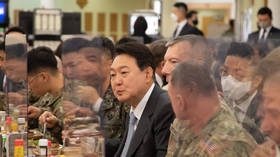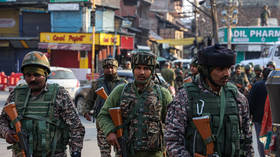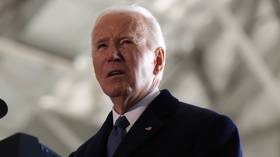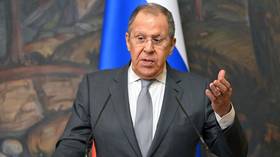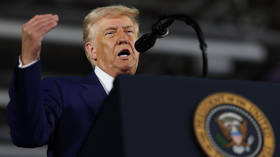Seoul to end blackout on North Korean media
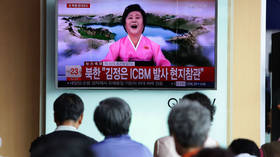
South Korea is preparing to allow its citizens to access North Korean media outlets, ending a Cold War-era ban that made it illegal to look at what Pyongyang’s broadcasters and newspapers are saying.
Nearly three months on from delivering a policy report to President Yoon Suk-yeol, the South Korean Unification Ministry is working with government agencies and lawmakers to craft the legislation and rules needed to end the blackout on North Korean media, the Korea Times reported on Tuesday.
Access will be opened up gradually, starting with enabling South Koreans to watch North Korean broadcast content, such as the state-run Korean Central News Agency, Unification Minister Kwon Young-se told National Assembly members on Friday. Other outlets, such as the Rodong Sinmun newspaper, will follow later.
Kwon added that it hasn’t been determined whether citizens should be allowed to visit North Korea’s government-run websites. The ban goes back to South Korea’s National Security Law, passed in 1948 as the newly divided, fledgling nations began blocking their citizens from cross-border communications and media access. For instance, when North Korea sent propaganda fliers across the heavily fortified border in the 1960s and 1970s, South Koreans who found the messages were required to report them to government authorities.
The idea behind ending the ban is to promote freedom of expression and mutual understanding. However, observers such as Konkuk University professor Jeon Young-sun have said that Pyongyang won’t likely reciprocate. Giving North Koreans unfettered access to South Korean cultural and media content would pose “a really huge threat” to Kim Jong-un’s regime, Jeon told the Associated Press earlier this year.
Yoon, who took office in May, is likely to find support for the anti-censorship initiative from the opposition Democratic Party of Korea, which holds a majority of National Assembly seats. The party has long sought to revise or abolish the National Security Act.
South Koreans are already able to circumvent the ban by using VPNs or proxy servers to tap North Korean websites. Some North Korean content also is posted on YouTube.
The two countries technically remain at war, inasmuch as their devastating 1950-53 conflict ended in an armistice, rather than a peace agreement. Tensions have escalated in recent months, with Seoul carrying out joint military drills with US forces and Pyongyang conducting a series of missile tests. Yoon offered in August to provide economic aid to North Korea in exchange for Pyongyang unwinding its nuclear weapons program, but Kim ruled out peace talks.
